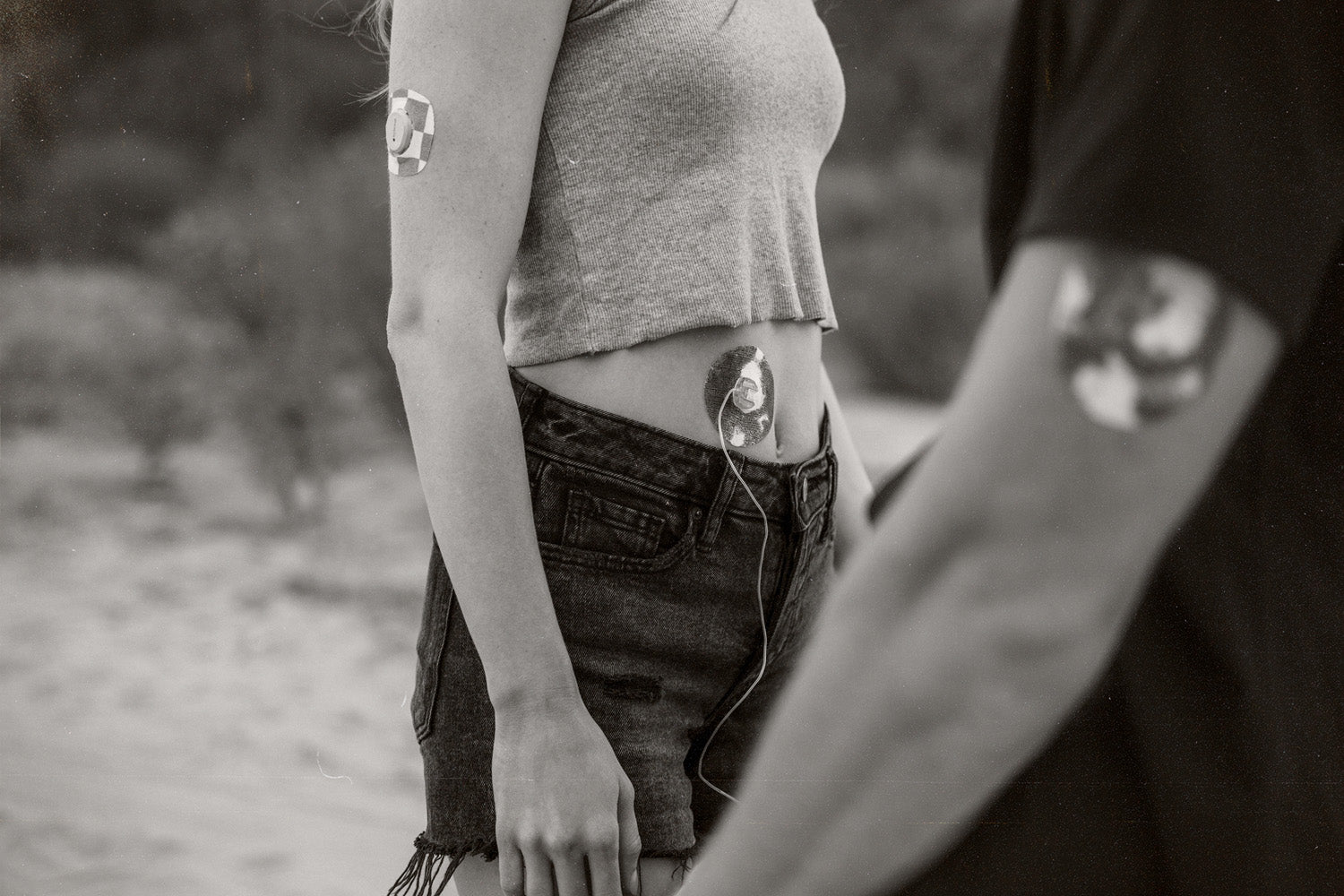 (stevepb/Pixabay)
(stevepb/Pixabay)
Because diabetes is a condition that affects the amount of glucose in your bloodstream, it can cause secondary effects on any part of the body with blood flow. In short, it can affect almost every part of the body. One of the most vulnerable and vital body systems affected is the kidneys. Skin Grip is here to provide education on how anyone with diabetes can protect their kidneys.
How does diabetes affect my kidneys?
Your kidneys are two fist-sized organs that lay on either side of your body, roughly at the bottom of your rib cage. The job of the kidneys is to filter waste out of your bloodstream and excrete it through your urinary system. It accomplishes this job with a system of tiny blood vessels that are called glomeruli. These vessels allow the kidneys to pull waste out of your bloodstream, then return blood to your body.
When your blood glucose is too high, it can harm the blood vessels in your body. In small vessels, such as the capillaries and glomeruli in your kidneys, the damage from a high blood glucose level can be permanent as these vessels become scarred and blocked off. Eventually, this renal damage can build up until it causes symptoms. Because the kidneys are highly efficient organs, a person may experience significant kidney damage before experiencing symptoms. Even so, it is critical to protect the kidneys from damage to prevent long-term consequences, especially to the heart.
How important are my kidneys?
Your kidneys are vital organs, meaning you cannot live without them. Damage to the kidneys can cause high blood pressure, which in turn can cause further damage to blood vessels and the heart. Heart failure due to chronic kidney disease causes shortness of breath, inability to participate in activities, coughing up blood and sputum, and eventually acute heart failure, resulting in death. People with diabetes are significantly more likely to develop congestive heart failure, precisely because of the damage it causes to the small vessels in the kidneys.
That seems serious! How can I protect my kidneys?
The most important thing to remember is that these risks aren’t a given. People with diabetes can manage their risk for these conditions by managing their underlying condition. The first step is to meet with a doctor and evaluate your current health and diabetes management, then work with your healthcare team to keep your A1c in a healthy range.
Depending on the individual, your healthcare team may encourage you to:
- Take insulin. Insulin is used by type 1 diabetics and some type 2 diabetics to help their bodies metabolize glucose.
- Manage your blood sugar by using a CGM. Continuous glucose monitors are devices that check your blood sugar every few minutes and constantly update to a display or smartphone. Keeping these devices attached to your arm (with adhesive patches for the Freestyle Libre, Guardian 3, and Dexcom G6) can keep you on top of your blood sugar and keep your kidneys healthy.
- Maintain a healthy diet. A good diet can help keep your blood sugar down, keep your cholesterol down, and help you maintain a healthy weight. All of these protect your kidneys by preventing damage to your vascular system. Additionally, they prevent the need for medications like statins, which can harm your kidneys.
- Get active! Regular exercise helps your entire body stay healthy. Cardiovascular exercise will improve your vascular health and protect your kidneys, eyes, and extremities from potential harm from diabetes. Not to mention it makes you feel good and look better!
- Avoid certain drugs like NSAIDS. If your kidney function is already compromised, your doctor may encourage you to avoid drugs like NSAIDS. This class of drugs includes ibuprofen (Advil) and naproxen (Aleve). These drugs can harm your kidneys, especially when taken frequently.
- Begin medication therapy to manage your diabetes and protect your kidneys. Your drug regimen is highly individual, but some drugs can help you manage your blood sugar and protect kidney function. If your doctor recommends beginning a drug therapy, be sure to adhere to it daily to get the most out of the medications prescribed to you.
How will I know if my kidneys are healthy?
Your doctor may use certain lab tests to evaluate your kidney health. Lab tests like BUN (Blood Urea Nitrogen) and Creatinine Clearance can indicate kidney health. Additionally, your doctor may test your urine to evaluate for abnormal levels of glucose and protein. These tests can also determine how well your kidneys are functioning and how well your diabetes is maintained. It is unlikely that you will notice damage to your kidneys until significant damage has occurred, so it is important to follow up with your doctors regularly and do as much as you can to prevent damage before it occurs.
Skin Grip is here to help you manage your diabetes by providing comfortable, hypoallergenic tape and adhesive patches for diabetic sensors. If you use a CGM like the Dexcom G6 and Freestyle Libre, or a Medtronic device, you know how important it is to keep your sensors where they should be. Skin Grip gives you peace of mind, knowing your sensors won’t fall off and leave you stuck until you can get a replacement. If you’re interested in giving us a try, request a free sample today.






























